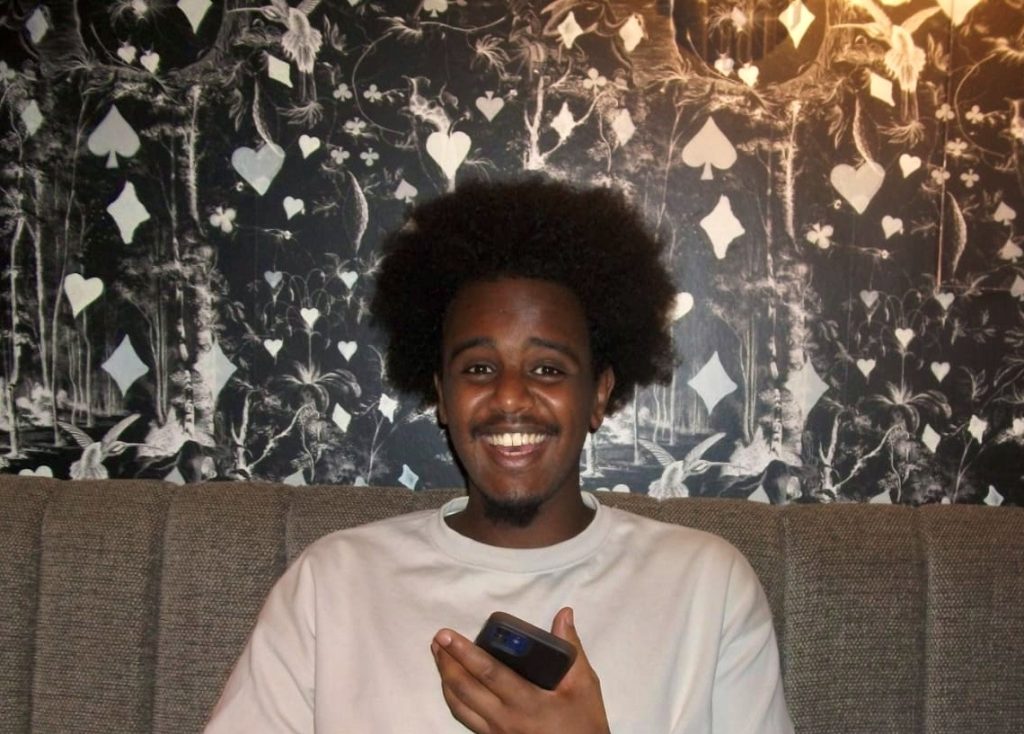
The thing about being a sibling to someone with a lifelong disability is that it is very difficult to know how you feel about it. The depth of emotions are never linear and only as an adult have I realised the significance of what this has meant, how it has shaped me, and how it will continue to shape me.
I am the eldest son in my family of six, and I have a brother who is five years younger and is non-verbal autistic with complex needs. My earliest memories of him were mixed. My first memory was the language used to describe him being different. Language like, “Special”, “Not like us”, “He won’t talk”. Even the looks, the murmurs, that people had about him was something that still leaves a bad taste. But my brother is more than the medical terms and language used to describe his individuality.
The fondest memories were of how innocent he looked and how easy it was for us to build a relationship. This is something many people might be surprised about as most people build relationships based on shared understanding and communication. For me, there was no shared communication, but there was an unspoken understanding of brotherhood and similarity. An understanding that has guided us until now where we retain this brotherhood. Albeit this often comes with a well-meaning slap or strike of my door. These contrasting feelings foreshadowed much of what being a sibling who’s also a carer came to be. While it has its rewarding moments, the role is fraught with complexity.
Many of us grow up with siblings; we share so much with them and grow up together. This is no different to me and my brother; we grew up in the same household but had profoundly different experiences. This was something that was difficult to manage at times, I remember I used to feel resentful at other people for having younger/older siblings they could do things with. There is so much an older male sibling could share with a younger one that I never had. Playing football in the park, riding a bike around the local area, watching things together, seeing each other in schools. Even a little bit of sibling rivalry, dare I say. It is difficult to describe, as whenever I catch myself feeling isolated or distant for not having a sibling I could do things with, I feel guilty and a sense of disgust.
Equally, some of my dearest memories are because of him — moments where we had a good time, moments he’d seek me out or we’d be out in a park. Even now, it is difficult for me to even identify what to even feel about this chapter, besides that it’s complex. In some ways too, I didn’t and still do not really afford myself a chance to really understand how I feel.
When I decided to share this story, I spent a lot of time working out what my message would be. I wanted to show the complexity and the range of emotions a sibling carer could have, which is entirely normal and acceptable. The truth for me is I still don’t really know how I feel about being a sibling carer as I haven’t had much of a life without being one. What I’ve come to realise is that my role as a carer has taught me so much and fundamentally shaped my identity. Spending a significant part of your life alongside someone who perceives the world in a unique way influences who you are, how you see things, the level of empathy you have for others.
When you spend much of your life trying to communicate with someone who might not understand you, the lessons you learn through doing it are priceless. You’re a better communicator, a more patient person, and highly aware of almost everyone’s slight changes in behaviour. These are the traits and qualities that not only define me on a personal level; these things have also influenced me as a professional.
Reflecting on my role as a caregiver for a sibling with a lifelong disability, I’ve really been through a range of emotions — from joy and happiness to isolation and loneliness. Finding a supportive charity like Sibs validated my experiences, showing me I’m not alone in this. It motivates me to advocate for sibling carers across the UK and work on projects enhancing the lives of non-verbal autistic individuals. I am shaped by these experiences, I am better at communication, listening, and observational skills, because I’ve needed to be. These experiences have not only deepened my understanding but also ignited a passion to make a difference.